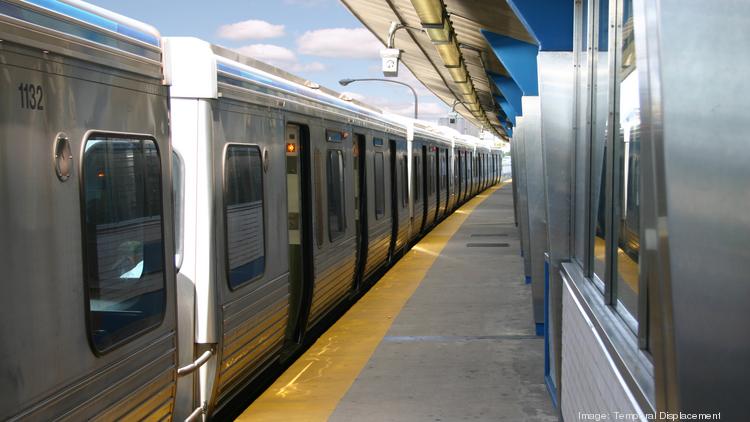Article originally published in the American City Business Journals on November 7, 2016
The residents of the Philadelphia region awoke this morning to good news. A new labor agreement was reached by Transit Workers Union Local 234 and SEPTA, the Southeastern Pennsylvania Transportation Authority
At the press conference early this morning, there were only smiles as a new five-year labor agreement was jointly announced by SEPTA and the TWU. Both parties also acknowledged the hardships that commuters faced last week.
That raises the question, is there a better way to reach transit agreements between labor and management?
Driving to work during the past week at a crawl in nearly gridlocked traffic, I had ample time to think about the Philly transit strike.
All buses, trolleys and the two subway/elevated lines that run through the city were shut down by the strike, forcing tens of thousands of commuters to find alternate means to get to work or to school.
The 13 SEPTA regional rail lines that connect the Philadelphia suburbs and some outlying Philly neighborhoods with Center City were not affected by the strike, since the regional rail line employees belong to a different union. However, these trains were packed with people and were significantly delayed.
In economically disadvantaged neighborhoods, parents rely on public transportation to take their children to medical appointments, and even to the hospital for surgery. During the strike, there were few alternatives for people without access to a car.
Childcare workers couldn’t get to their jobs, forcing a parent to lose a day’s work, which negatively impacted the childcare worker, the parent, and the parent’s place of employment.
The TWU called the strike one week before tomorrow’s presidential election. Since Philadelphia is heavily Democratic, if voters couldn’t get to the polls on election day, those lost votes would mainly impact candidates of the Democratic Party.
On Nov. 5, SEPTA sought an injunction to force TWU workers back to work, calling the transit strike a “clear and present danger to the health, safety and welfare of our riders and the citizens of Philadelphia and the region.”
Philadelphia Common Pleas Court Judge Linda Carpenter ruled, “There is not enough evidence that [an] injunction right now is necessary,” and scheduled another hearing for today. This provided more time for the parties to reach agreement over the weekend.
SEPTA, as well as many other transit systems, has experienced strikes in the past. Is there a better way?
On Nov. 2, former Pennsylvania Gov. Ed Rendell, a Democrat, suggested that transit workers be classified as essential employees not permitted to strike. Transit labor contracts would be submitted to binding arbitration after negotiations failed to result in an agreement.
An arbitrator would be selected by each party, and a third would then be chosen by those two arbitrators. On any given issue, the arbitrators would be limited to either choosing the labor proposal or the management proposal, which would prevent each side from making unreasonable demands, for fear that the arbitrators would choose the other side’s proposal.
Classifying SEPTA transport workers as essential employees subject to binding arbitration would require legislative approval. Legislators would need to weigh the opposition of the union and possibly SEPTA to such a proposal, versus the benefit to the public of such legislation.
If legislators did what was right, they would seriously consider the imbalance of power that transit unions hold and their ability to cause huge economic and personal hardship to the people of Philadelphia. They would classify transit workers as essential, subject to binding arbitration.
Stan Silverman is the former president and CEO of PQ Corp. He also is founder and CEO of Silverman Leadership and is vice chairman of the board of trustees of Drexel University. Silverman earned a Bachelor of Science degree in chemical engineering and an MBA degree from Drexel University. He is also an alumnus of the Advanced Management Program at the Harvard Business School.

